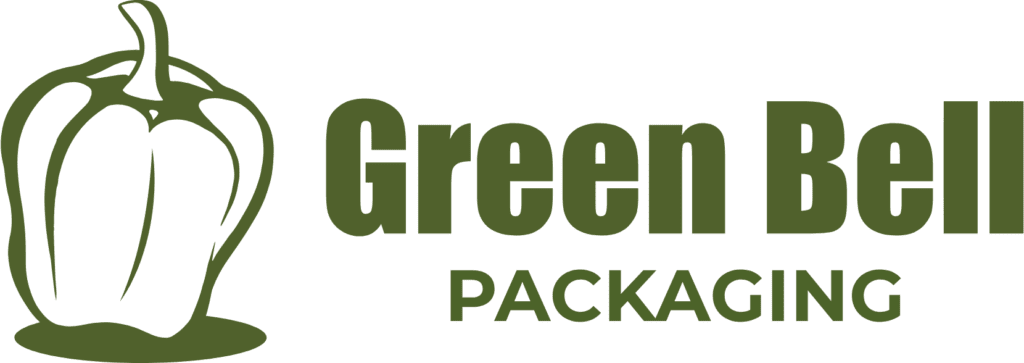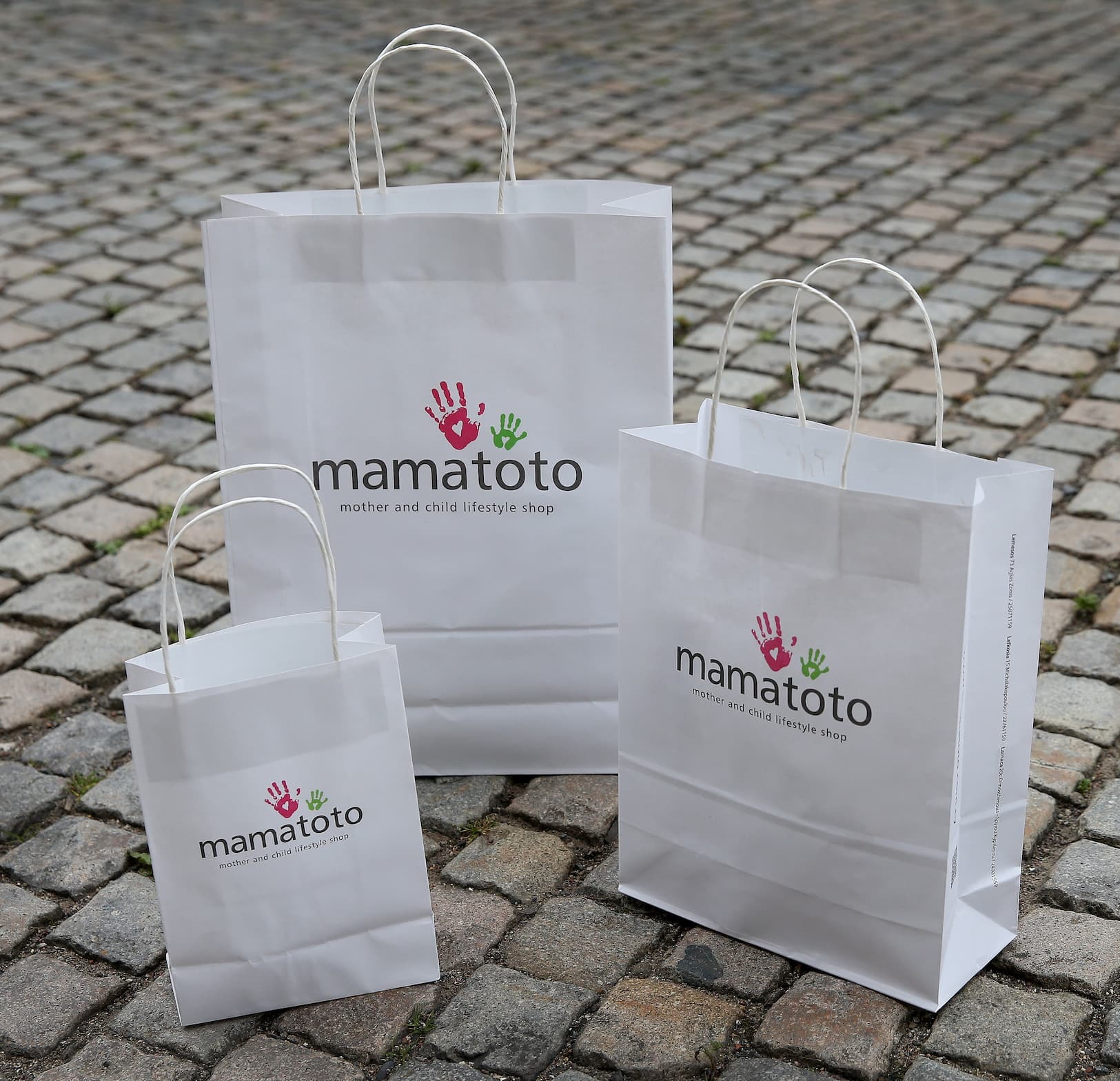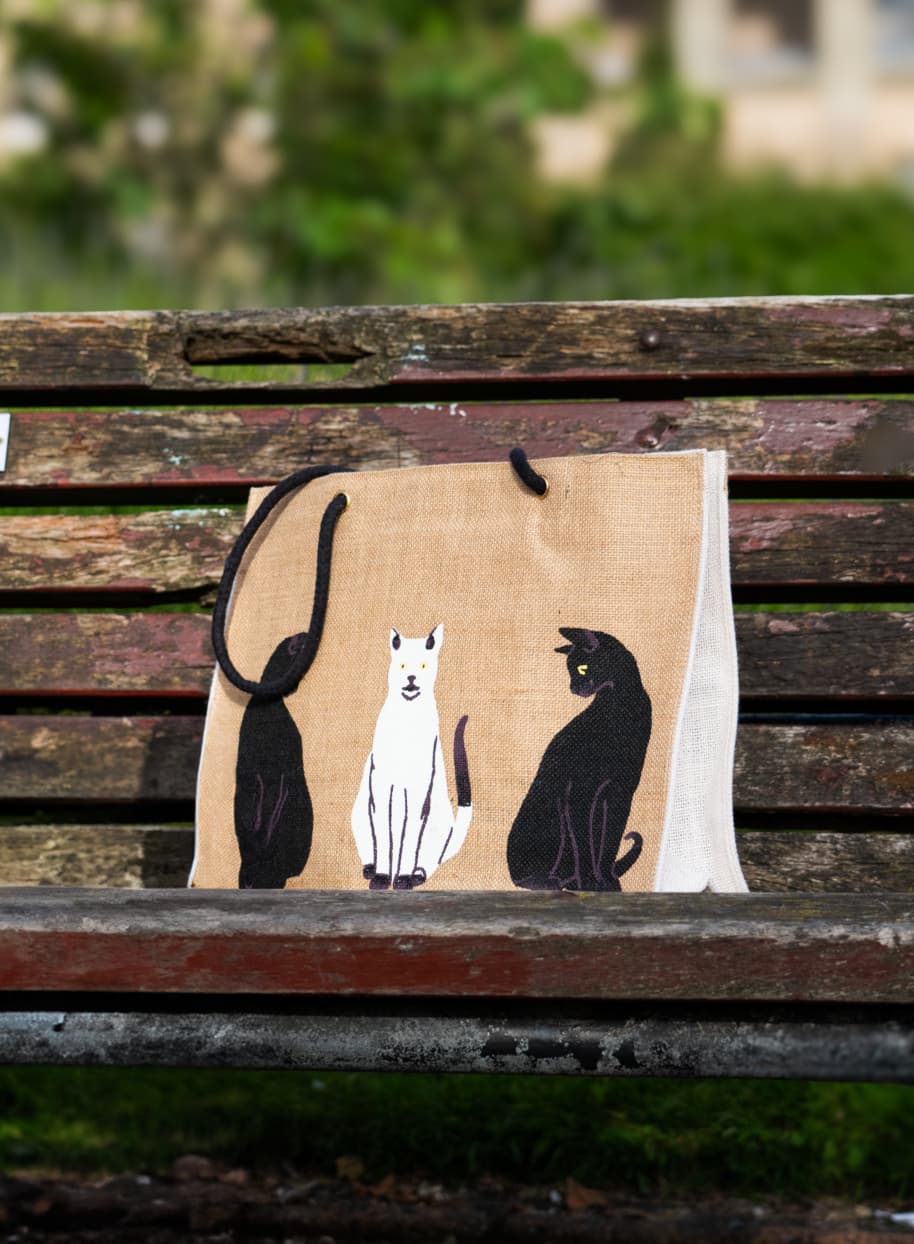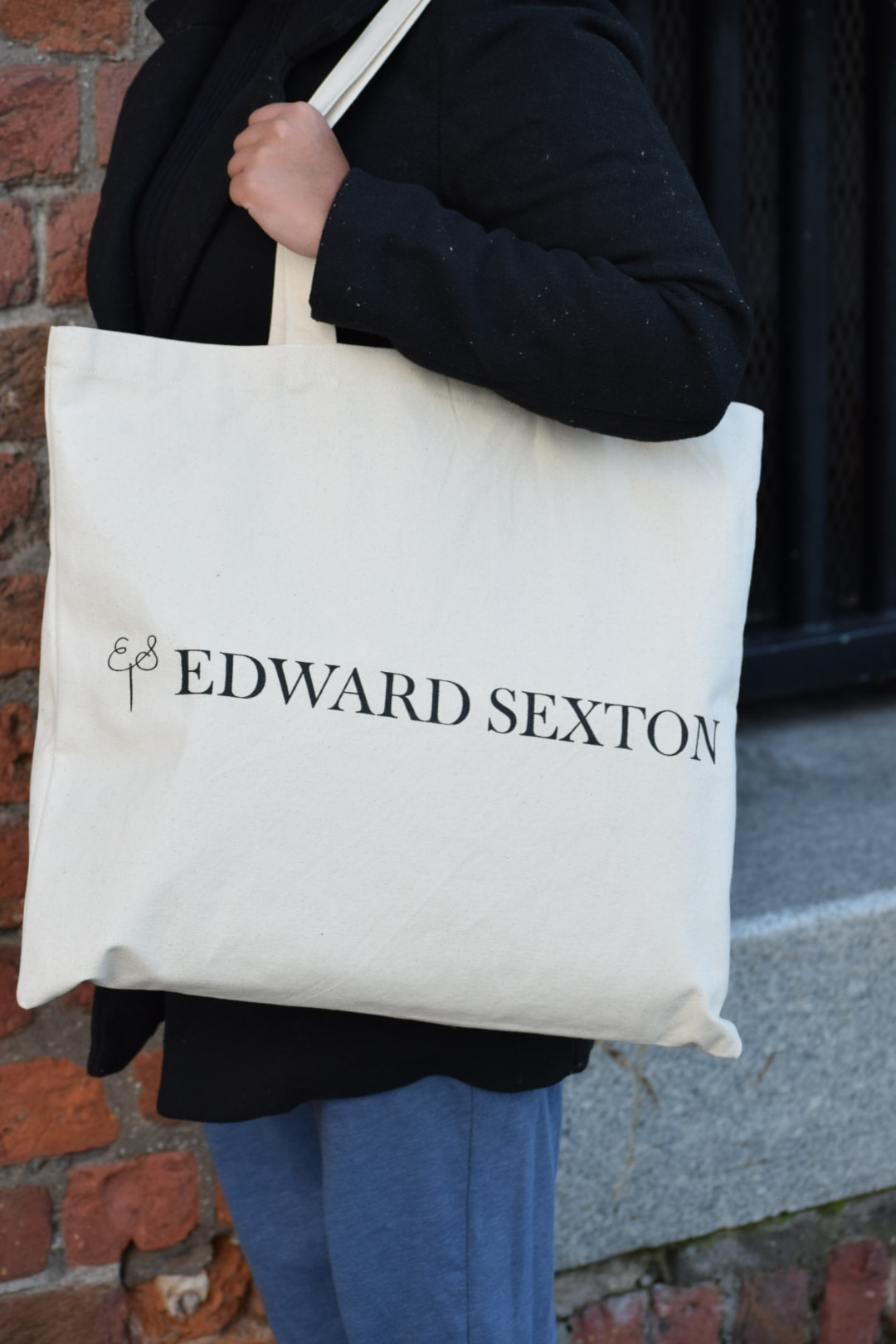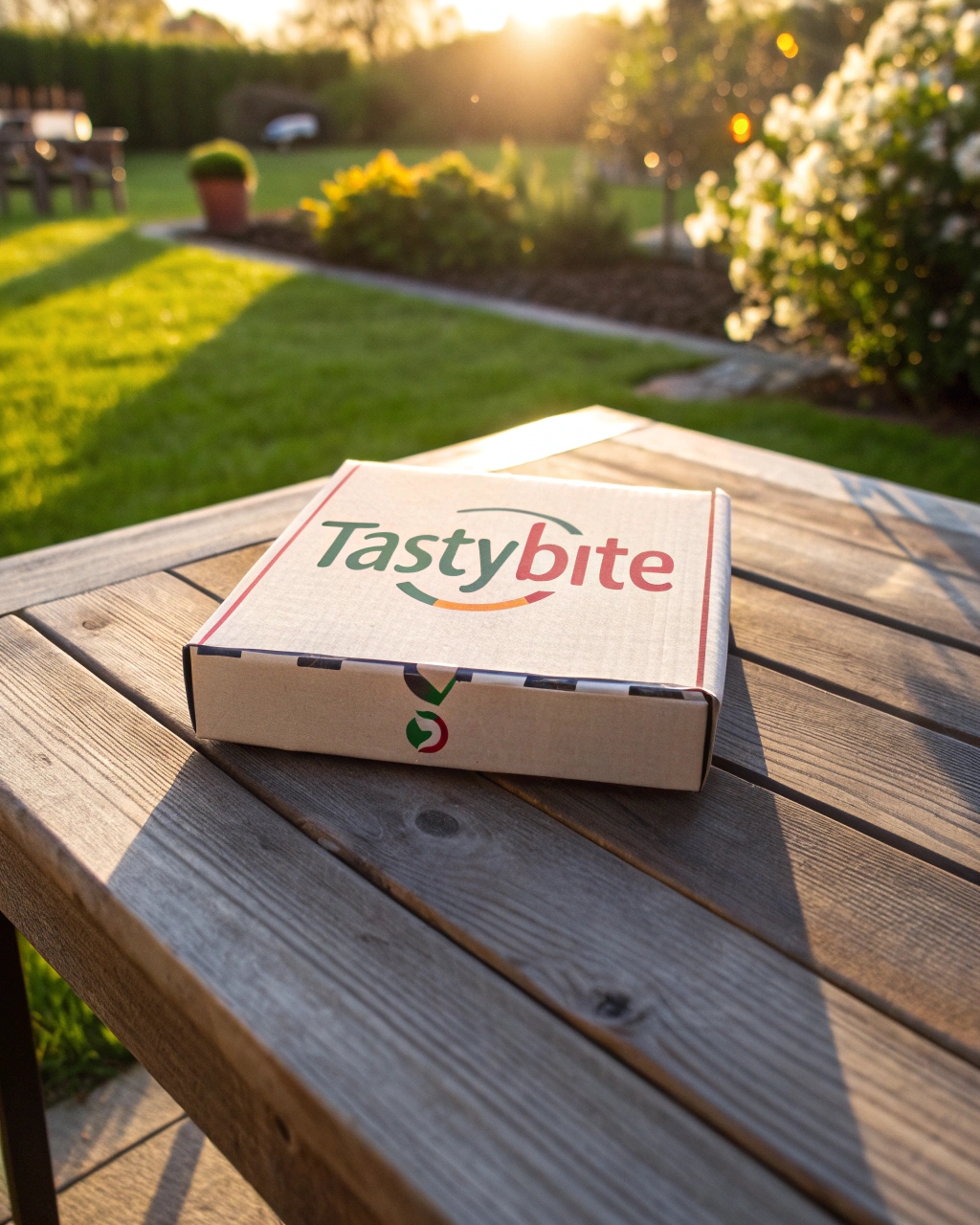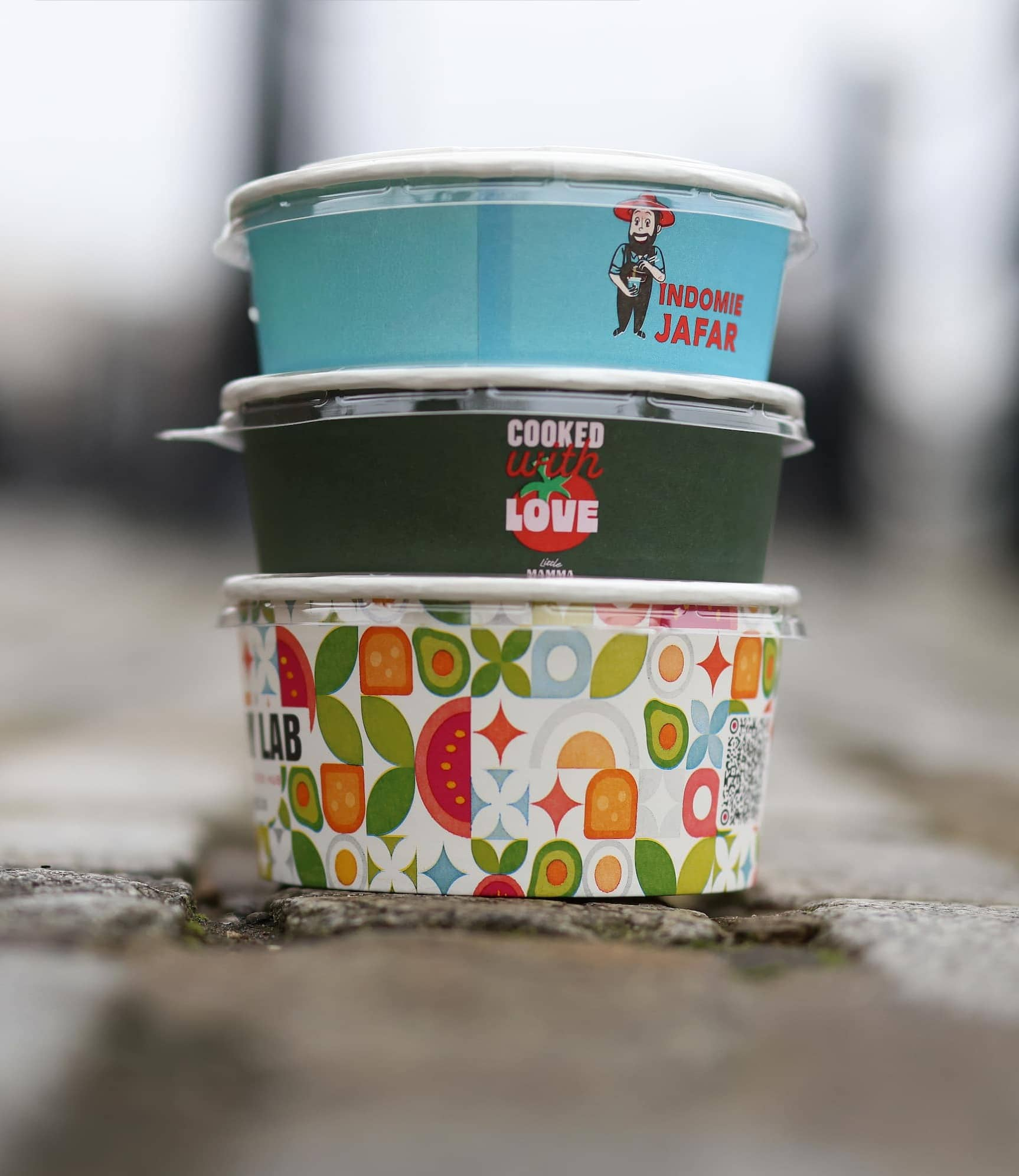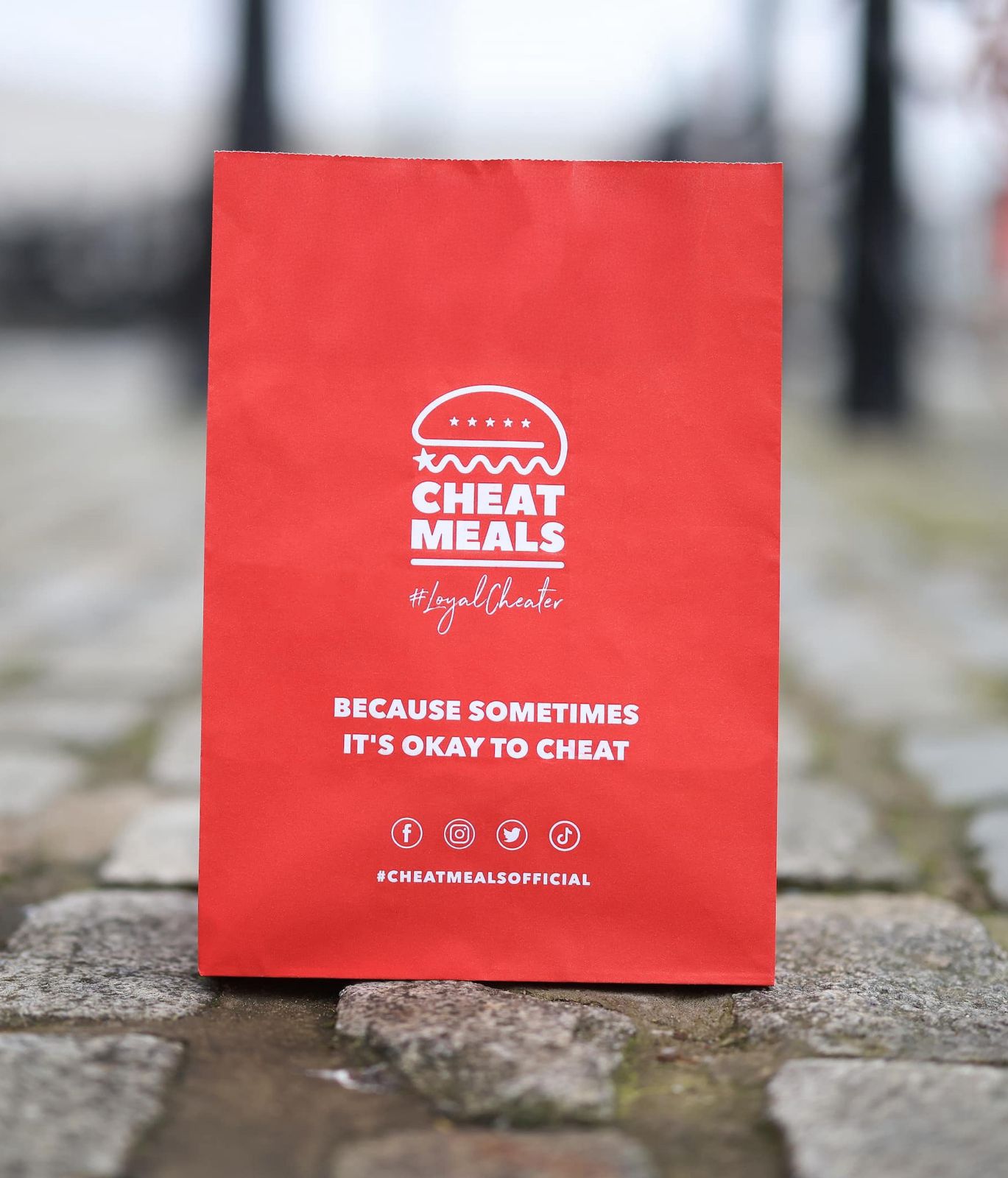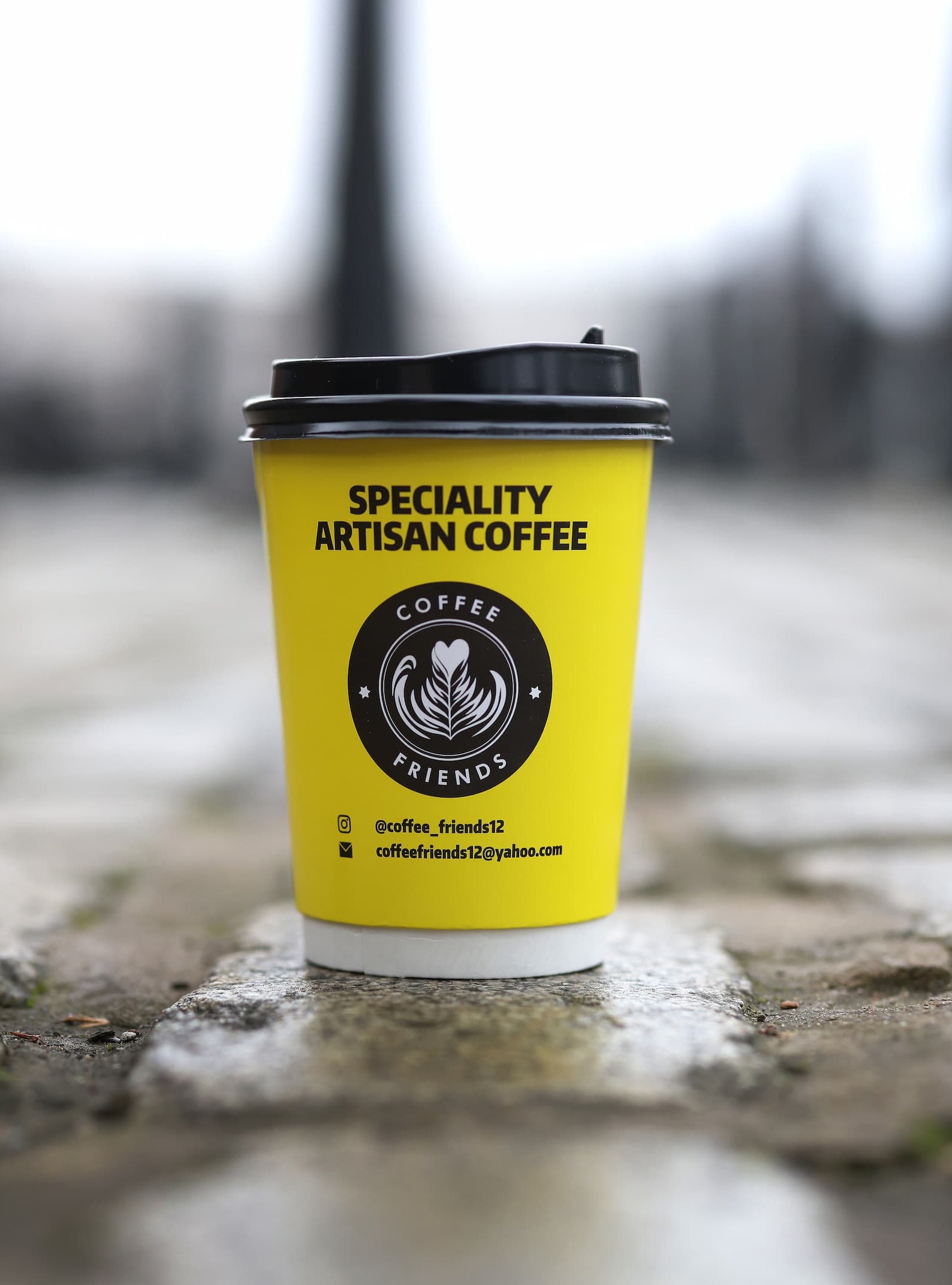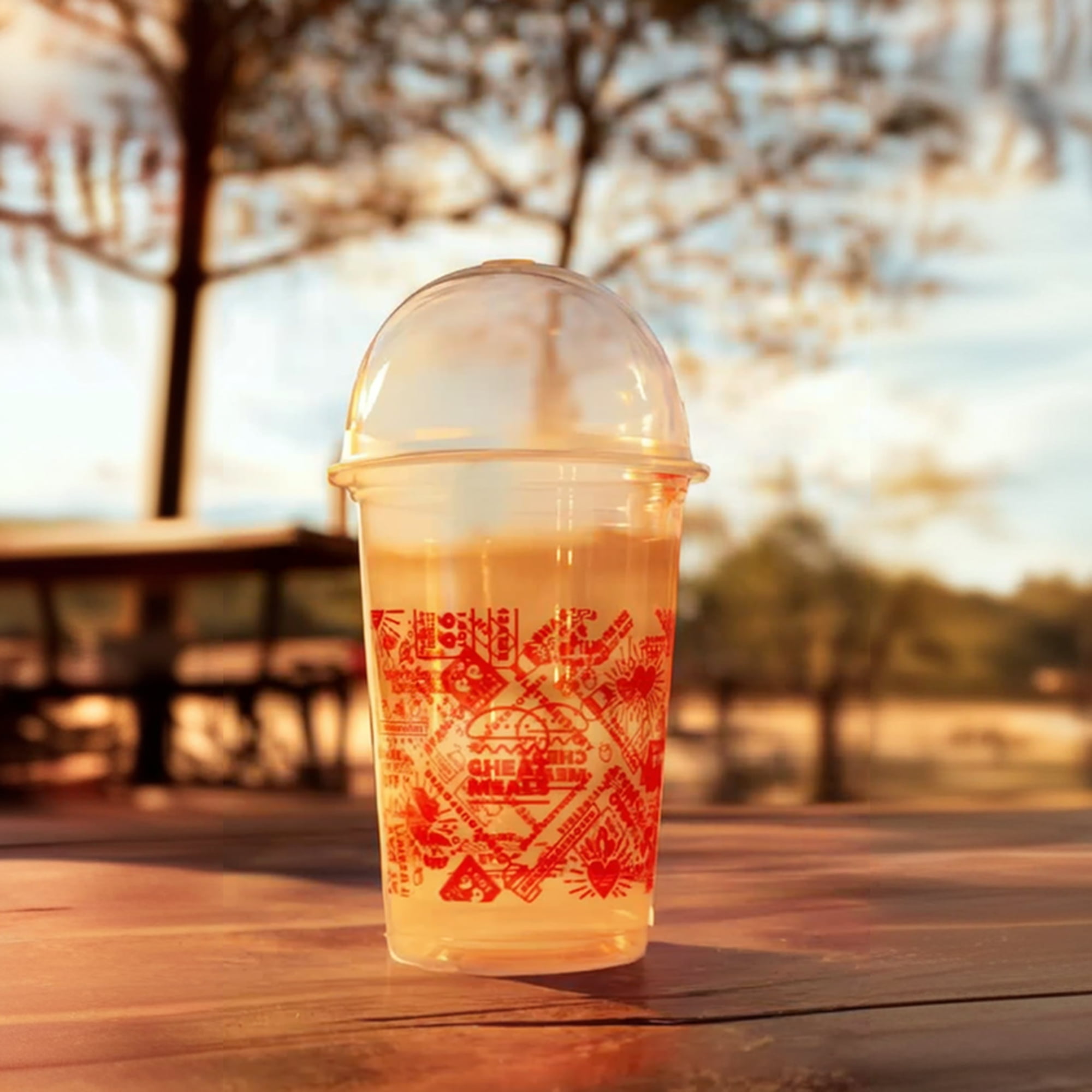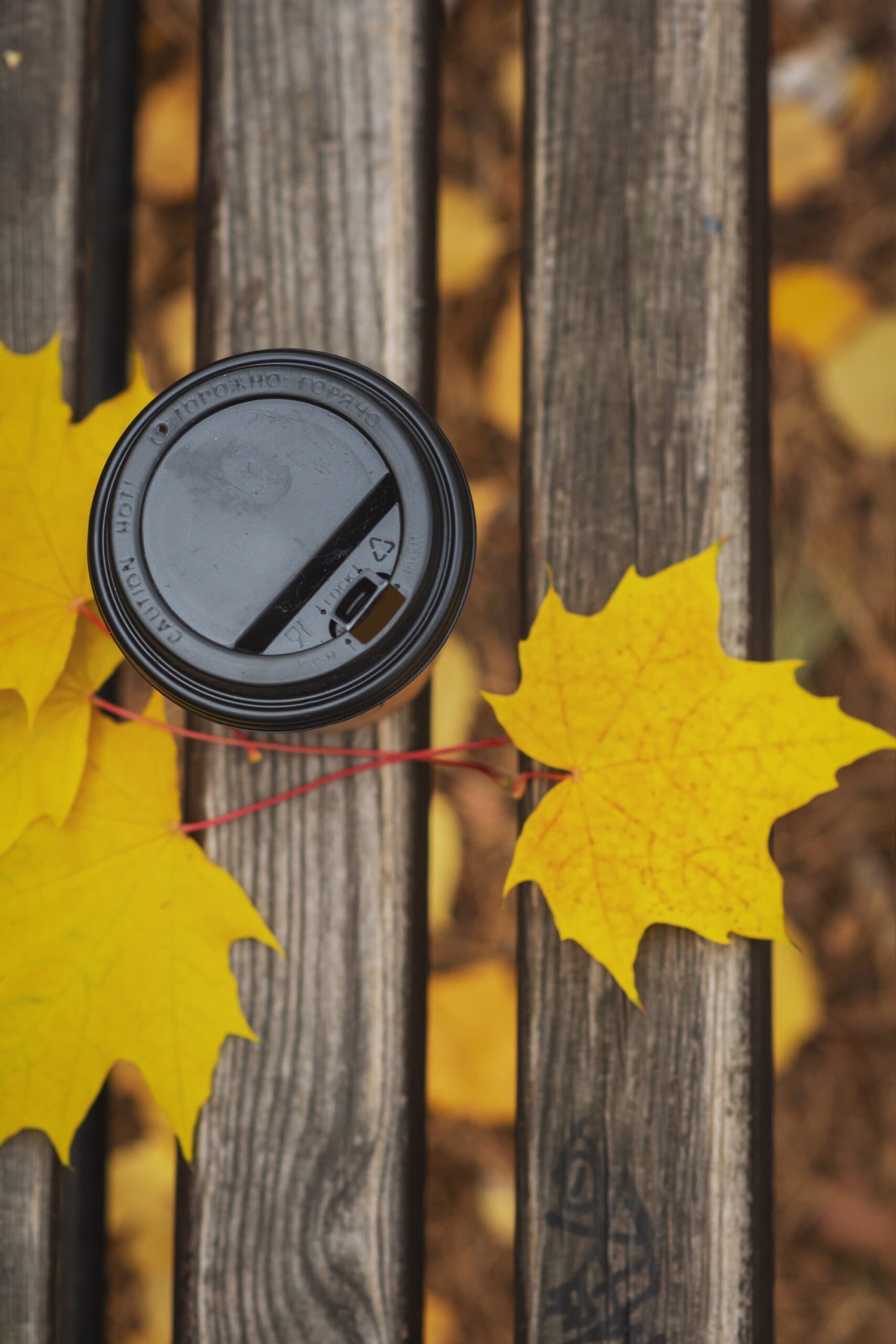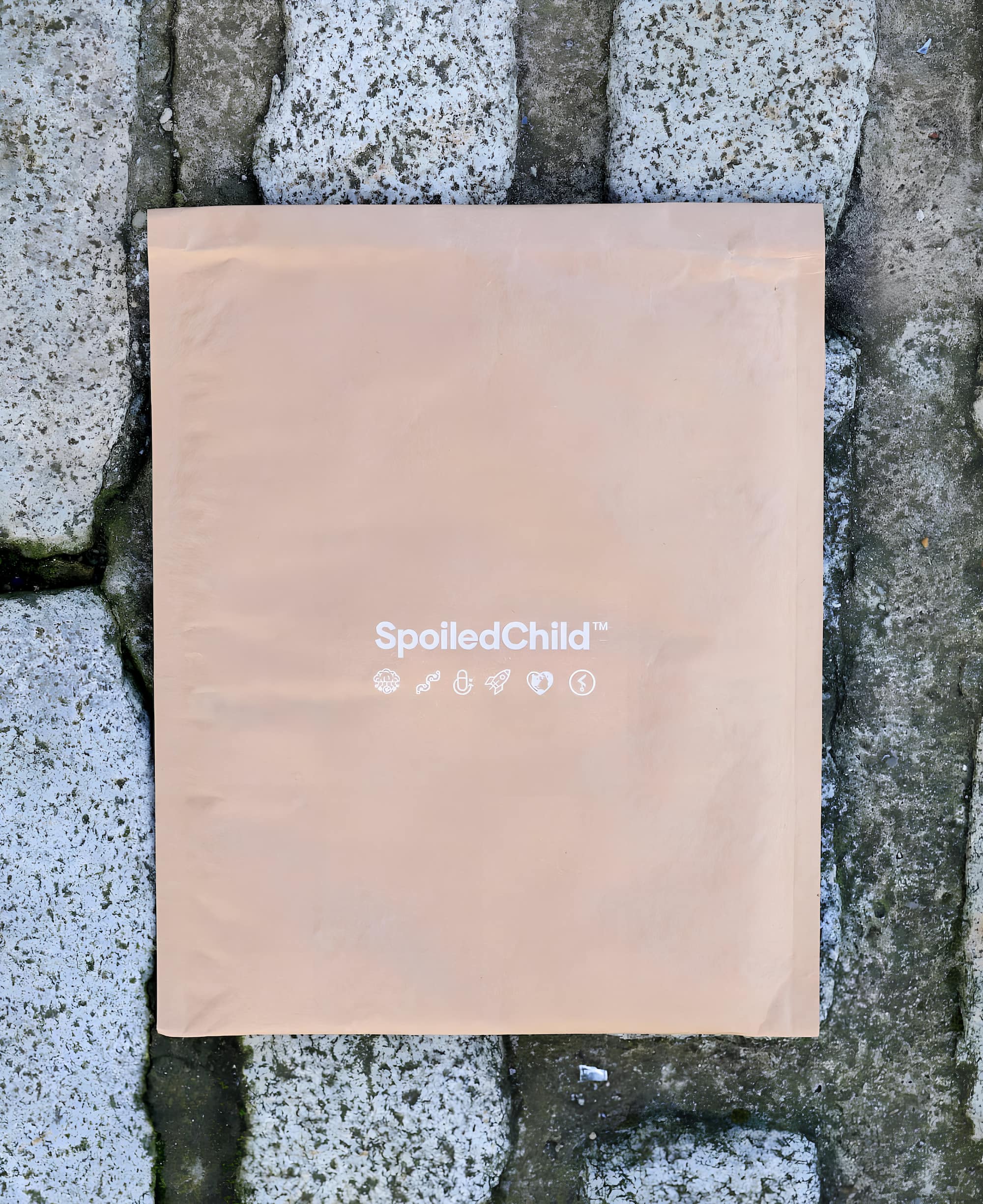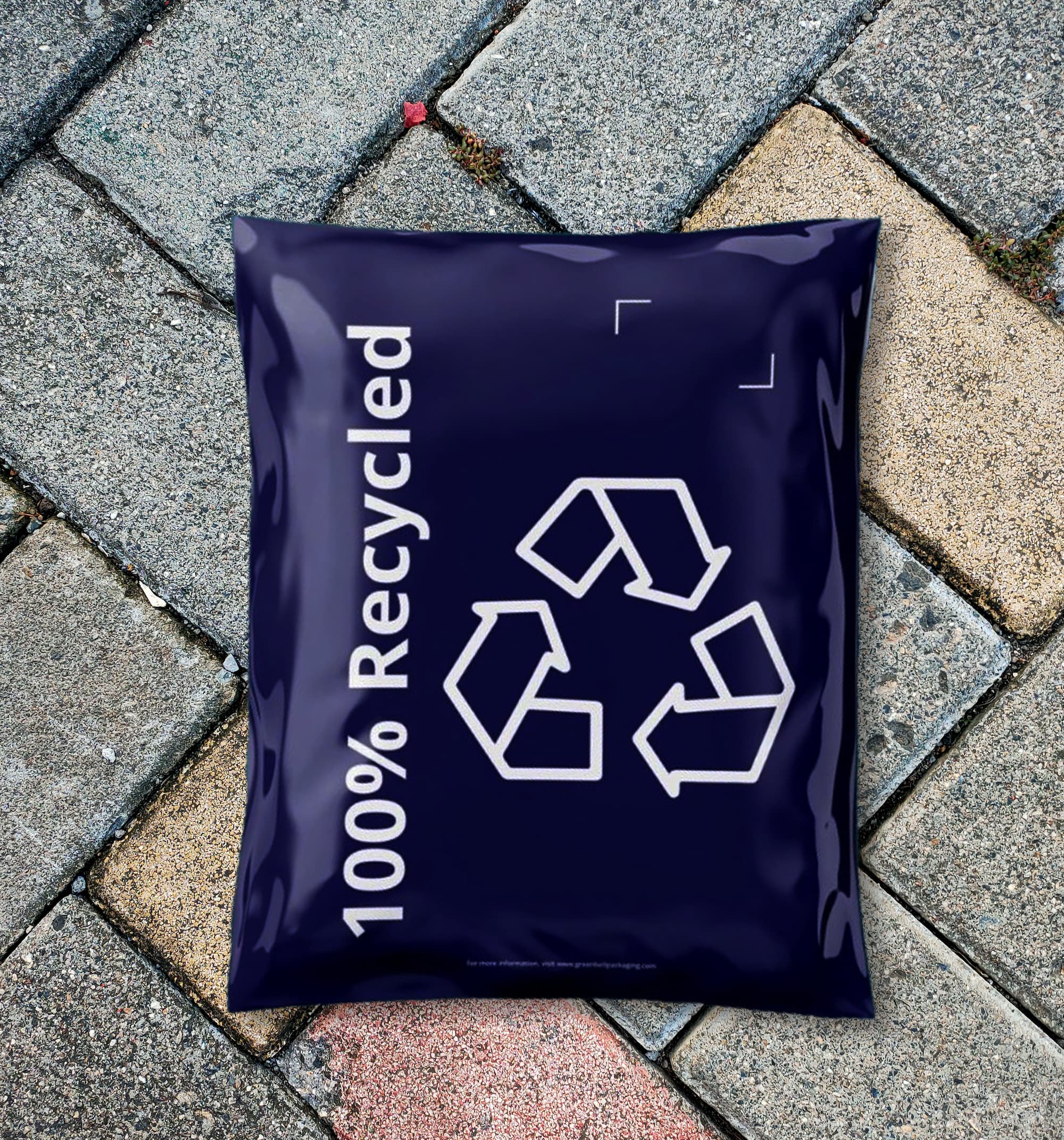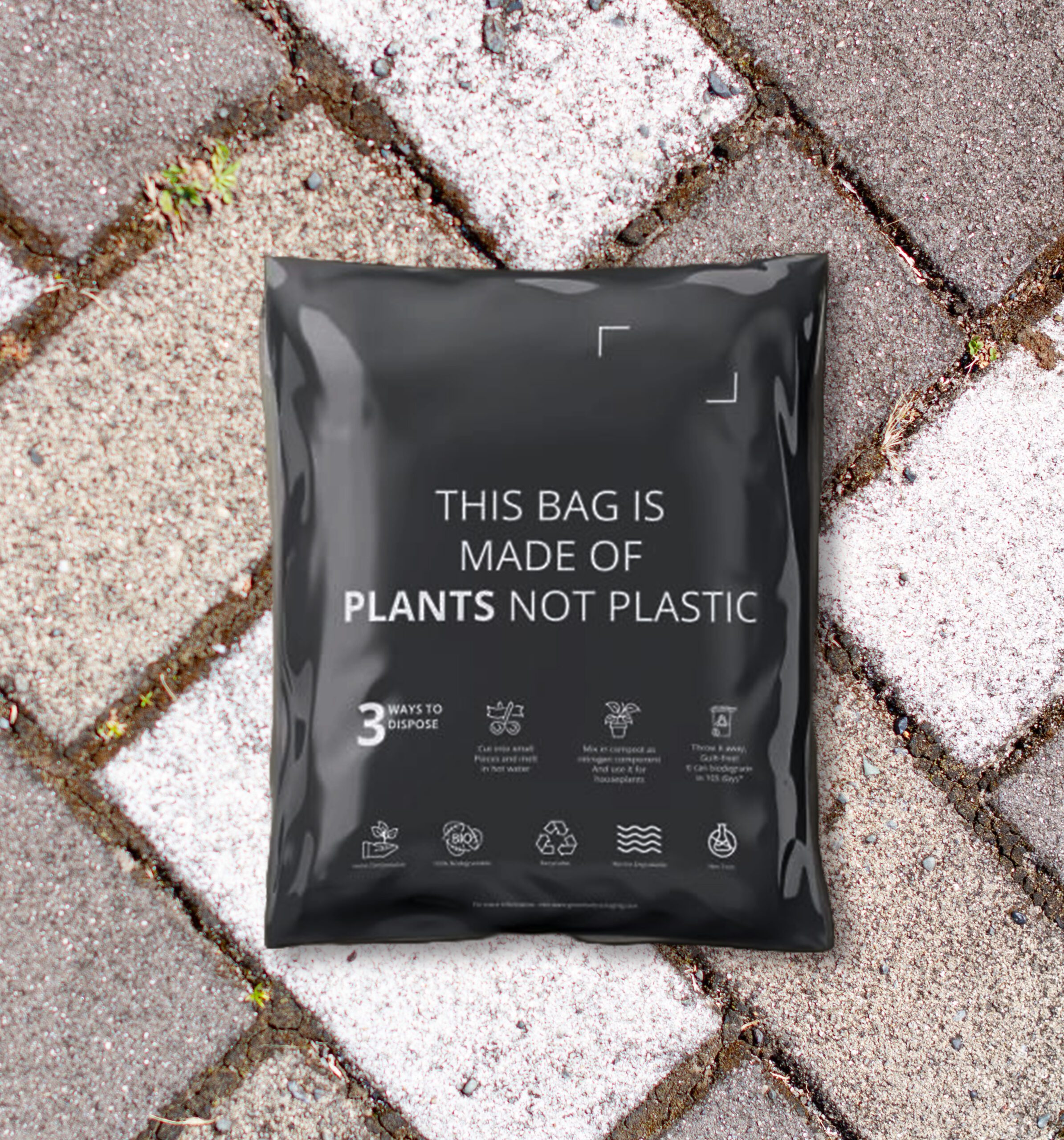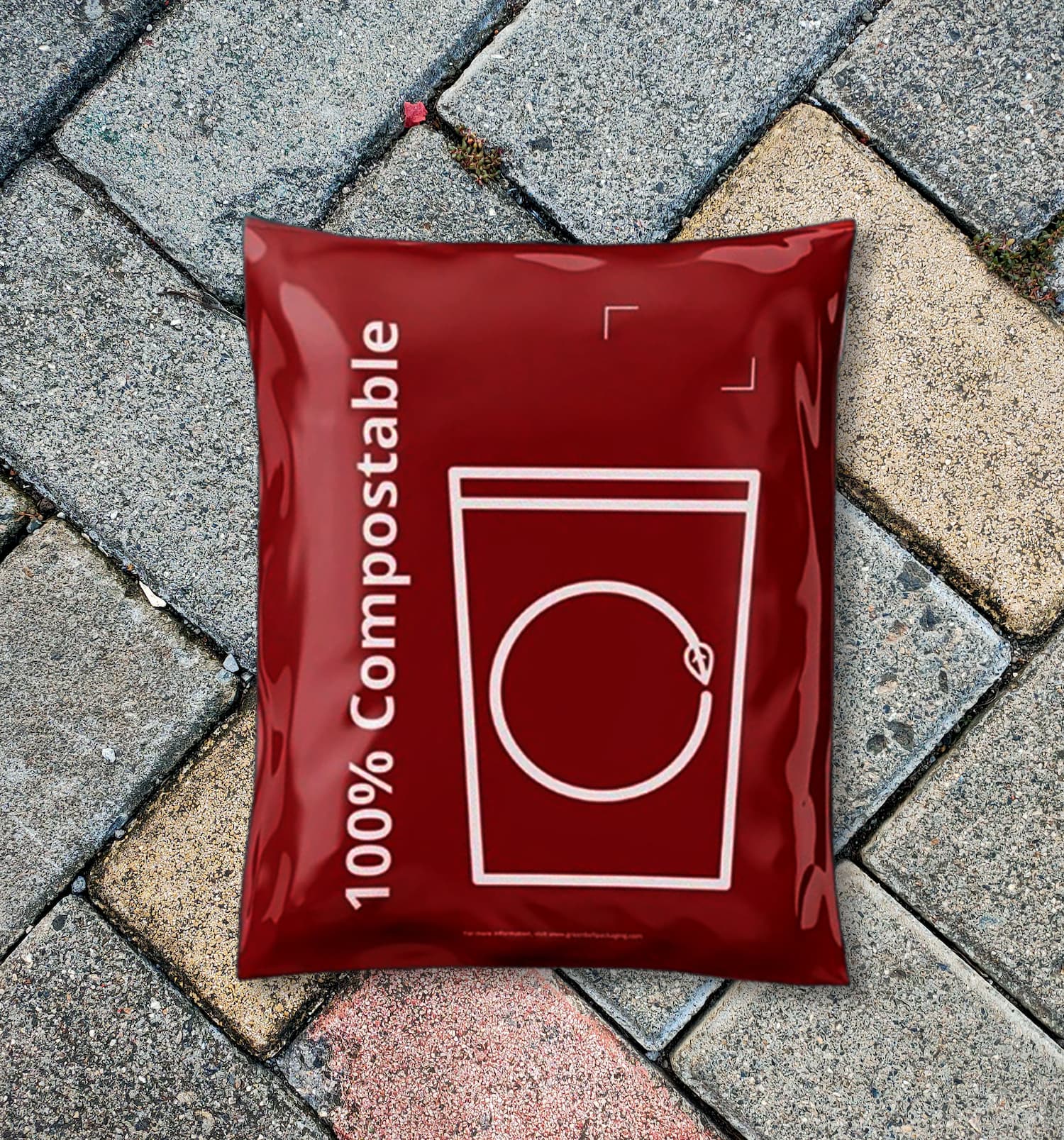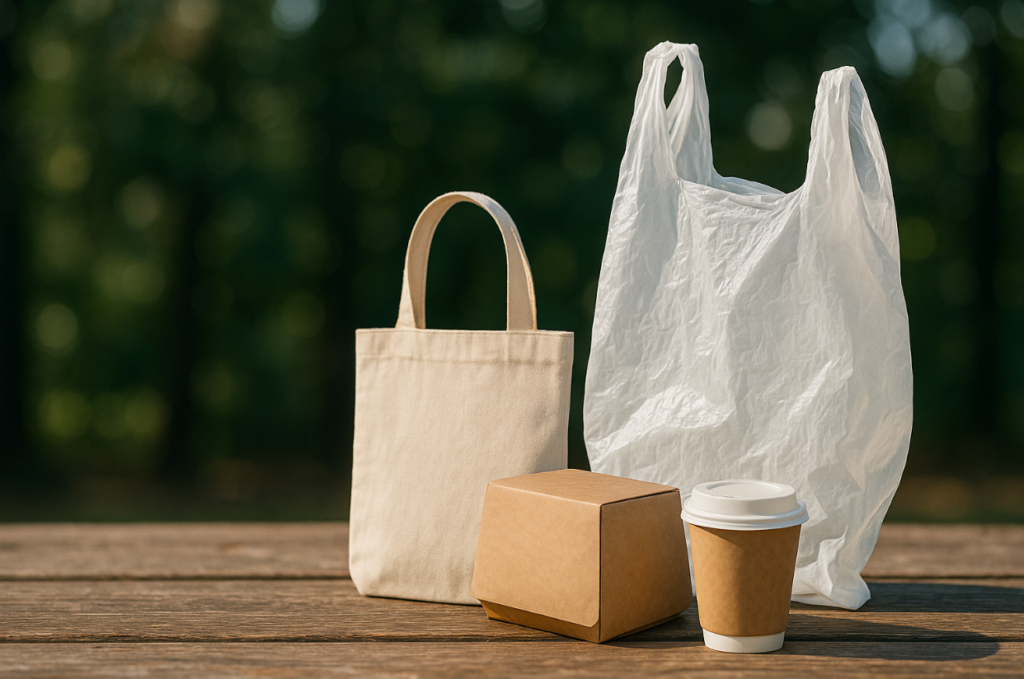In a world obsessed with margins and bottom lines, it’s tempting to treat packaging as just another checkbox, something to tick off after the real work is done. After all, it’s “just a box,” right?
Wrong.
At Green Bell, we’ve seen how businesses quietly bleed money, trust, and sustainability creds by chasing the illusion of savings with cheap packaging. Let’s unpack the real cost of going cut-price when it comes to what wraps your products, and your brand.
Short-Term Gain, Long-Term Pain
Sure, flimsy plastic sleeves and poorly folded cartons may shave a few pennies off your unit cost. But when that same packaging can’t survive a delivery route, prepare for a flood of complaints, returns, and one-star reviews.
When a product arrives dented, soggy, or straight-up destroyed, guess who gets blamed? Not the courier. Not the weather. You.
And then comes the domino effect:
- Replacements = Extra shipping + product costs
- Refunds = Loss of revenue
- Negative reviews = Lower conversions

Suddenly, that 10p saving per unit feels less like a win and more like a very expensive gamble.
Brand Perception: First Impressions Matter (More Than You Think)
Your packaging is often the first physical interaction a customer has with your brand. In the age of D2C and next-day deliveries, it’s your handshake, business card, and elevator pitch all rolled into one recyclable sleeve.
Cheap packaging says:
- “We cut corners. We’re not serious. This brand might be a bit… meh.”
Great packaging says:
- “We care. We’ve thought this through. You can trust what’s inside.”
Ask yourself this: would you feel confident spending £50 on a skincare product that arrives in a thin, scratched-up plastic bag? Neither would your customer.
The Environmental Fallout: Out of Sight, Never Out of Landfill
Let’s be blunt: cheap usually means plastic. The sort of single-use stuff that clogs oceans and headlines alike. It might feel cost-effective now, but it puts your brand on the wrong side of the sustainability conversation.
Today’s consumers are eco-aware. They flip boxes to check for compostable symbols. They Google packaging claims. And they can sniff out greenwashing faster than you can say “oxo-degradable.”
Worse still, regulators aren’t far behind. In the UK, Extended Producer Responsibility (EPR) schemes and packaging waste reforms are shifting the cost of waste onto brands that create it. If your supplier isn’t up to spec, neither are you.
Supply Chain Chaos: When Cheap Means Chaotic
Cheap packaging isn’t just about quality. It’s about reliability. Suppliers using bargain-bin materials often can’t meet volume demands, deliver on time, or provide consistent quality.
We’ve heard the horror stories:
- Packages rejected mid-transit due to damage.
- Entire batches arriving warped or misprinted.
- Structural weaknesses that collapse under even mild stacking.
When your packaging line becomes your bottleneck, you’re not just wasting money. You’re risking your reputation.
Green Bell’s Take: Cut Waste, Not Corners
We get it, budgets are real. But so is your brand’s future.
At Green Bell, we believe packaging should be:
- Compostable and compliant
- Durable enough to deliver safely
- Customisable without the massive MOQs
- Aligned with modern brand values

Whether it’s compostable coffee cups, custom-printed paper bags, or eco-friendly takeaway boxes, we offer packaging that holds up, in transit and in reputation.
You don’t need to choose between sustainability and affordability. You just need to choose smart.
Final Sip of Truth
Cheap packaging doesn’t just cost you less. It often costs you more.
In returns. In trust. In your customer’s unspoken review of your brand.
So next time you’re weighing up suppliers, don’t just ask, “How much per unit?” Ask:
“What is this packaging saying about us?”
At Green Bell, we help brands say the right things. Quietly, compostably, and confidently.
